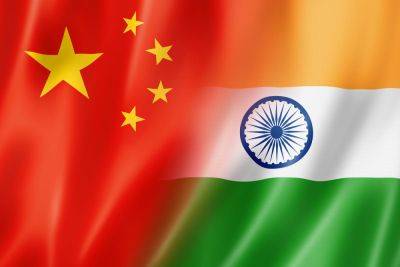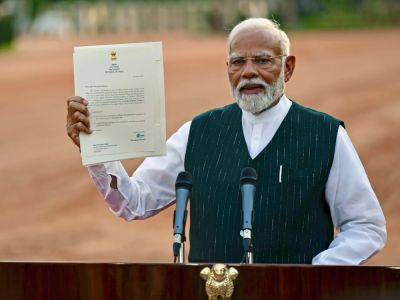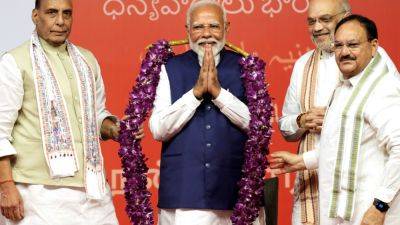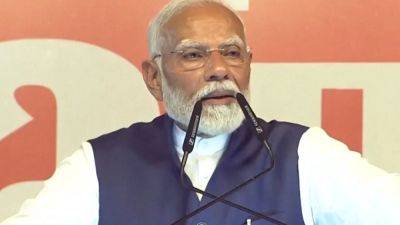Darker days lay ahead for opposition, minorities after India’s election
Modi-led Hindu nationalists will likely win the election, and use their new mandate to crush any remaining opposition to their hegemony over Indian democracy.
For many commentators, an unequivocal victory for Narendra Modi and his Hindu nationalist Bharatiya Janata Party (BJP) is the foregone conclusion of the ongoing Indian general elections. They insist that the question is not if Modi will win but by how much in terms of seats and votes.
Yet, despite this seeming certainty regarding the outcome of these elections, the ruling party and its leader have appeared jittery. And after the winner is declared, I worry, darker and more repressive days may follow.
The Indian elections are indeed a big deal. A total of 543 seats in the lower house are up for grabs for 2600 registered political parties. With 969 million eligible voters, it is also the world’s largest election. The Election Commission of India (ECI) has 15 million people employed to monitor and facilitate the elections. Polling has also been spread across 44 days. In this period, incumbent Prime Minister Modi, in search for a third term, has reportedly attended over 200 public events and given 80 interviews.
It would be easy to say that what we are witnessing is a celebration of democracy. But numbers can be deceptive.
For a few years now India has witnessed a steady democratic downturn. Media and press freedoms have been suppressed and there is little to speak of in terms of journalistic independence in the mainstream. Often dubbed as Godi media – a play on Modi’s name and the word for “lapdogs” – it is not uncommon for mainstream journalism to operate as an arm of the BJP propaganda machinery. Critical journalists have also been targeted by the PM’s cadres as







